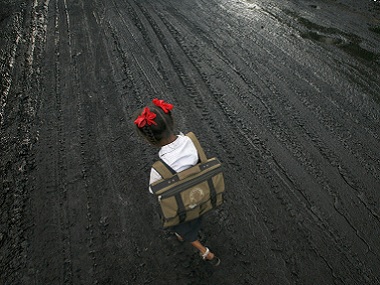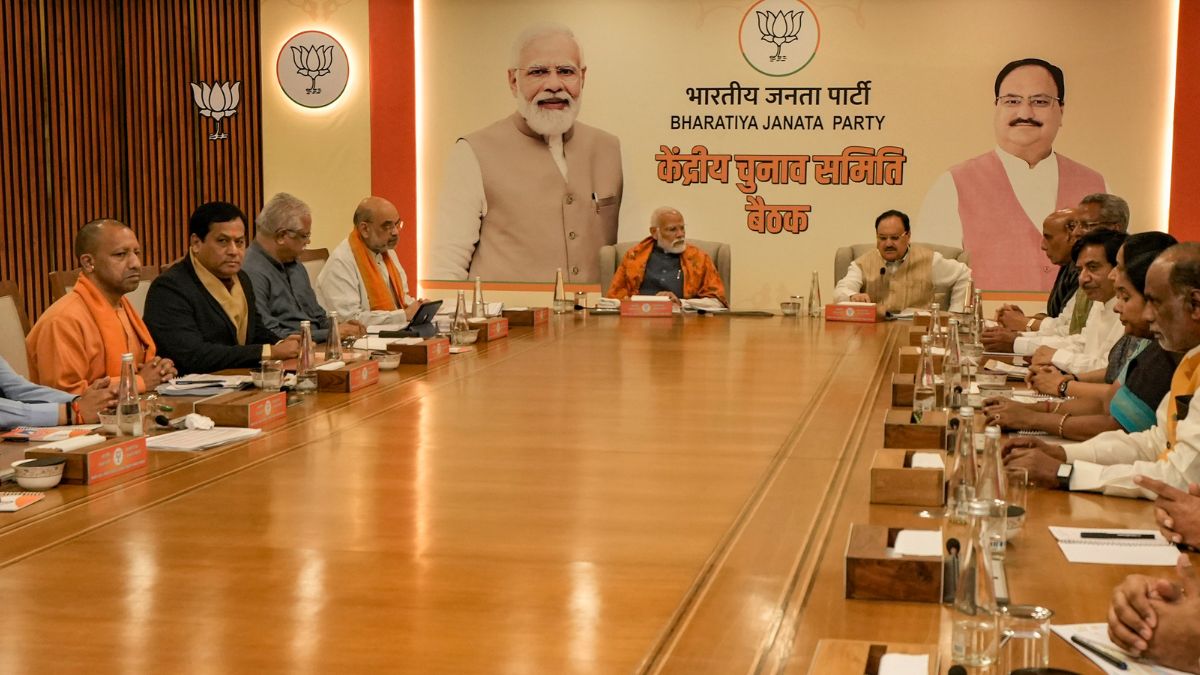The Centre is mulling a proposal to extend free and compulsory education up to 12th standard, informs a source in the Ministry of Human Resource Development.
“The ministry has received proposals from various state governments to extend the benefits of Right to Education up to Standard 12. The demand is under consideration,” said the source.
As per the existing provision of the Right to Education Act, students up to Class 8 are entitled to free and compulsory education.
As per the law framed in 2009, compulsory education means obligation of the appropriate government to provide free elementary education and ensure compulsory admission, attendance and completion of elementary education to every child in the six to fourteen age group.
On the other hand, free education means that no child shall be liable to pay any kind of fee or charges or expenses which may prevent him or her from pursuing and completing elementary education.
Though the Act has been in force since April 2010, there is a growing feeling among the state governments and experts alike that it has failed to achieve its goal of bringing children into formal education system as a large number of students are still are out of it.
Professor Janaki Rajan, a noted educationist and a teacher in Jamia Milia Islamia, said that students remain out of school because free and compulsory education till Class 8 is not seen as beneficial by many of them. “Providing free and compulsory education till Class 8 hardly makes them employable. If you need a job, minimum qualification is often Class 10 passed. So, education till Class 8 leaves them in the middle of nowhere,” she says.
She also says that the goal of Right to Education is about giving equal opportunity to everyone, but there is hardly any future for the poor students after Class 8 as the government takes no responsibility of them after they are above 14 years of age.
“Many students who avail free education up to Class 8 do not get admission in Class 9. Even if they get admission, many of them are unable to continue education due to financial strains. This is one of the reasons why many students are out of school even after nine years of the RTE,” she says.
As per a central government study , there were 8,65,441 children out of schools in 2014-15 only in Uttar Pradesh.
Delhi High Court lawyer Ashok Agarwal, who is also the national president of All India Parents Association, gives a separate reason for why the RTE has failed.
“As per the RTE Act, the unaided private schools have to reserve 25 percent of seats for free education to students of economically weaker section. But after passing out of Class 8, these students have to transfer themselves to government school as they no longer receive free education after that. But since government schools are mostly vernacular medium, they face serious problem in adjusting themselves with it,” he says.
The All India Parents Association has, since 2017, been demanding an extensin of the right to education up to Class 12.
Recently, the ministry has informed it in a written communication that its demand is in consideration.
“In this regard, it is informed that that the proposal is under consideration of this ministry. Any decision taken in this regard would be intimated, once it is examined thoroughly,” the communication dated 24 January said.


)




)
)
)
)
)
)
)
)